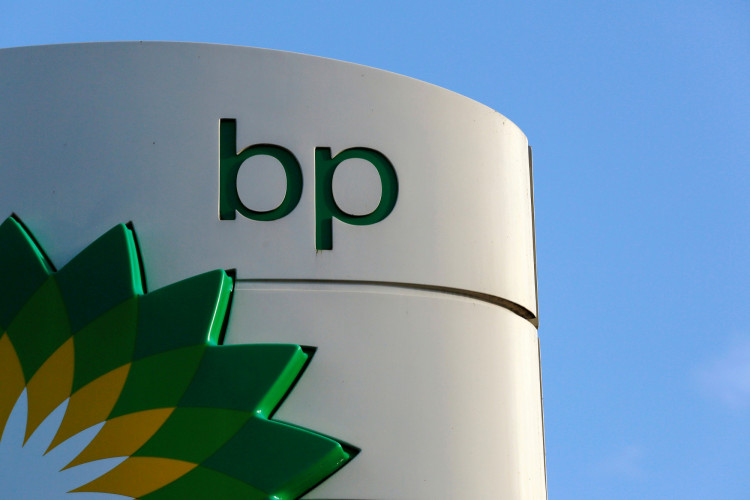Oil and gas giant BP is officially exiting the petrochemical industry with its latest asset sale. The company announced that it has reached an agreement to sell its global petrochemical business to UK chemical firm Ineos, which is owned by billionaire businessman Jim Ratcliffe. Ineos agreed to purchase BP's petrochemical operations for $5 billion.
The latest asset sale marks the completion of BP's previously stated asset liquidation target of $15 billion for 2020. The company's chief executive officer, Bernard Looney, had stated that the massive asset liquidation initiative will be integral in BP's shift into low-carbon energy businesses.
Reaching the target amount was not easy for the company as it had run into some hurdles in the sale of two of its oil and gas assets in Alaska and the North Sea. With the spread of the coronavirus pandemic, which led to an unprecedented slump in demand and oil prices, BP has had to renegotiate the terms of the sale of the two assets.
Following the news of the sale of its petrochemical business, BP's share prices in London surged by as much as 3 percent on Monday.
Looney mentioned in a statement that the sale of its petrochemicals business had come unexpectedly. However, the decision to let go of the business was inevitable given the company's goal of achieving long-term growth through its energy transition. BP's petrochemicals business employs around 1,700 people and had produced around 9.7 million tons of petrochemicals in 2019.
The sale of the business included BP's stake in manufacturing and production plants in multiple countries around the world, including those in the United States, China, the UK, Trinidad, Tobago, Indonesia, and Malaysia. Petrochemical processing plants that are located in BP's oil refineries in Germany were not included in the sale.
Compared to its rivals, Exxon and Royal Dutch Shell, BP's petrochemicals business is relatively small. BP had already sold part of its operations to Ineos back in 2005. Ineos on the other hand has been growing its petrochemicals network, boasting a total of 180 sites worldwide with over 22,000 employees.
Analysts have pointed out that BP's exit from the petrochemical industry is a "positive change" for the company as it continues to improve its green credentials. Under Looney's leadership, BP has shifted its focus from oil and gas ventures to renewable energy and low-carbon products. This is part of Looney's proposed major restructuring of the 112-year-old company, which he claims will have greatly reduced its carbon emissions by 2050.






